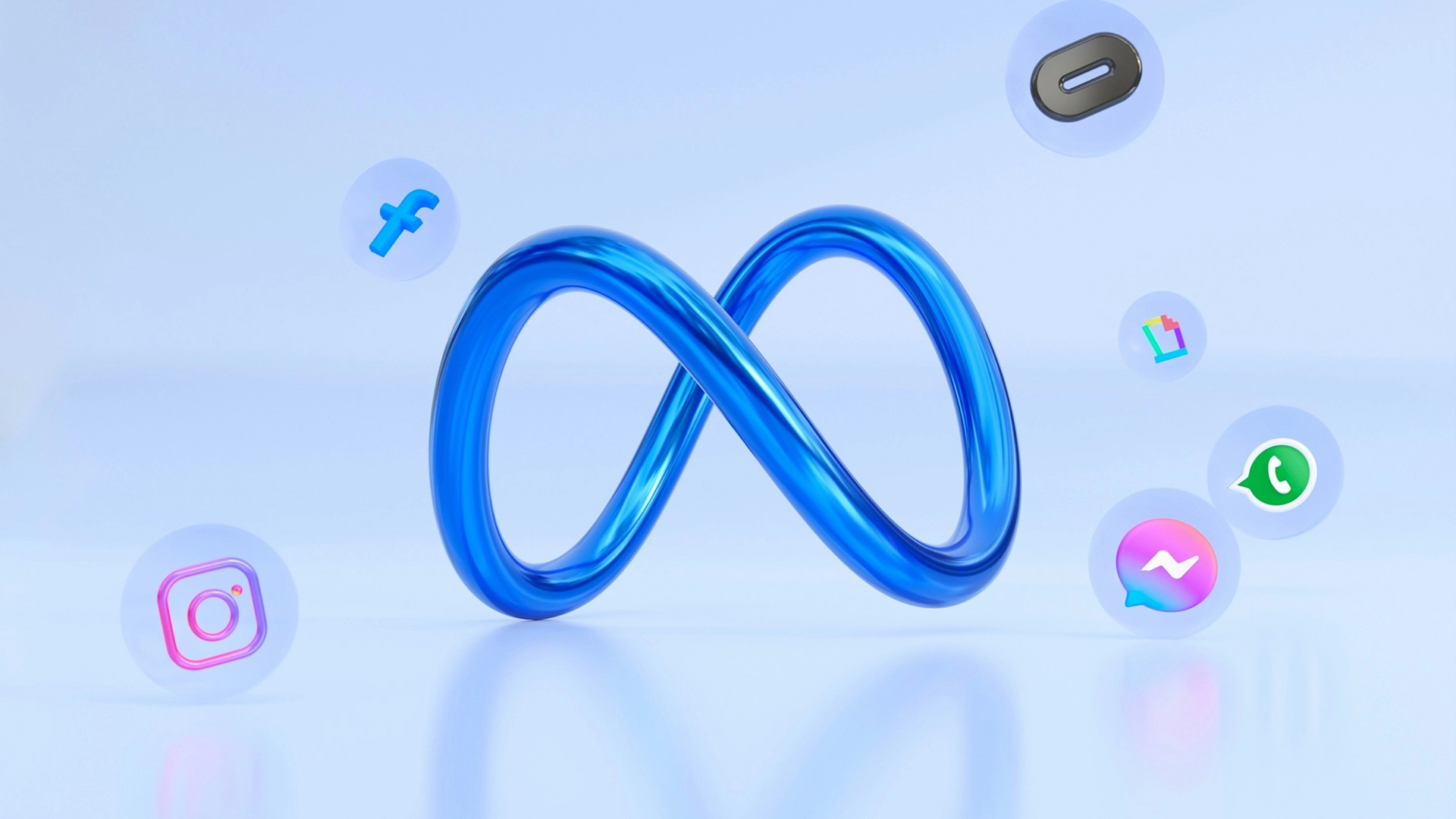
Photo by Mariia Shalabaieva on Unsplash
Meta AI Makes Search History Public, Raising Privacy Concerns
Users and experts have noticed this week that Meta AI’s app features a “Discover” option that allows people to read what appear to be private chats between the user and the chatbot. These interactions include prompts and sensitive data, raising concerns over privacy and user experience—especially since users may be unaware that their conversations are being shared publicly.
In a rush? Here are the quick facts:
- Meta AI’s app features a Discovery option that reveals users’ private conversations.
- Users may have been sharing sensitive information unknowingly, including voice messages and personal images, publicly.
- Experts raise concerns over privacy and safety risks.
From home addresses and confessions of affairs or crimes to audio clips about personal feelings and private pictures, the information available through Meta AI is extremely personal—and very public.
The situation went viral after venture capitalist Justine Moore shared a post on the social media platform X on Thursday, including screenshots of conversations she found on Meta AI that contained images, text, and audio messages from multiple interactions.
“Wild things are happening on Meta’s AI app,” wrote Moore. “The feed is almost entirely boomers who seem to have no idea their conversations with the chatbot are posted publicly.”
Wild things are happening on Meta’s AI app.
The feed is almost entirely boomers who seem to have no idea their conversations with the chatbot are posted publicly.
They get pretty personal (see second pic, which I anonymized). pic.twitter.com/0Hoff1psPU
— Justine Moore (@venturetwins) June 11, 2025
Moore said she spent an hour browsing and found medical and tax records, confessions of affairs, home addresses, and more. She reached out to Meta about the situation, and the company reportedly found the information “pretty wild” and added: “some people don’t read the fine print lol.”
According to the BBC, which confirmed the situation and found similar examples, it remains unclear whether or not users are aware that their chat history is being published in a public feed. When a user chooses to share a chat, Meta displays a message stating, “prompts you post are public and visible to everyone… Avoid sharing personal or sensitive information.”
Cybersecurity expert Rachel Tobac said it’s a security and user experience issue. “If a user’s expectations about how a tool functions don’t match reality, you’ve got yourself a huge user experience and security problem,” wrote the expert on X. “Humans have built a schema around AI chat bots and do not expect their AI chat bot prompts to show up in a social media style Discover feed — it’s not how other tools function.”
Tobac explained that because users don’t expect the chatbot to publicly share their conversations, they have been unwittingly disclosing private information.
Meta launched its Meta AI app a few weeks ago, on April 29, in addition to integrating the chatbot assistant into its platforms, such as on WhatsApp and Instagram—which availability expanded to Europe in March.
The app allows users to interact with Meta’s AI chatbot, the way they would with ChatGPT, only with a special “Discovery” option. “The app includes a Discover feed, a place to share and explore how others are using AI,” wrote Meta in the launch announcement.


 Previous Story
Previous Story

 Latest articles
Latest articles 